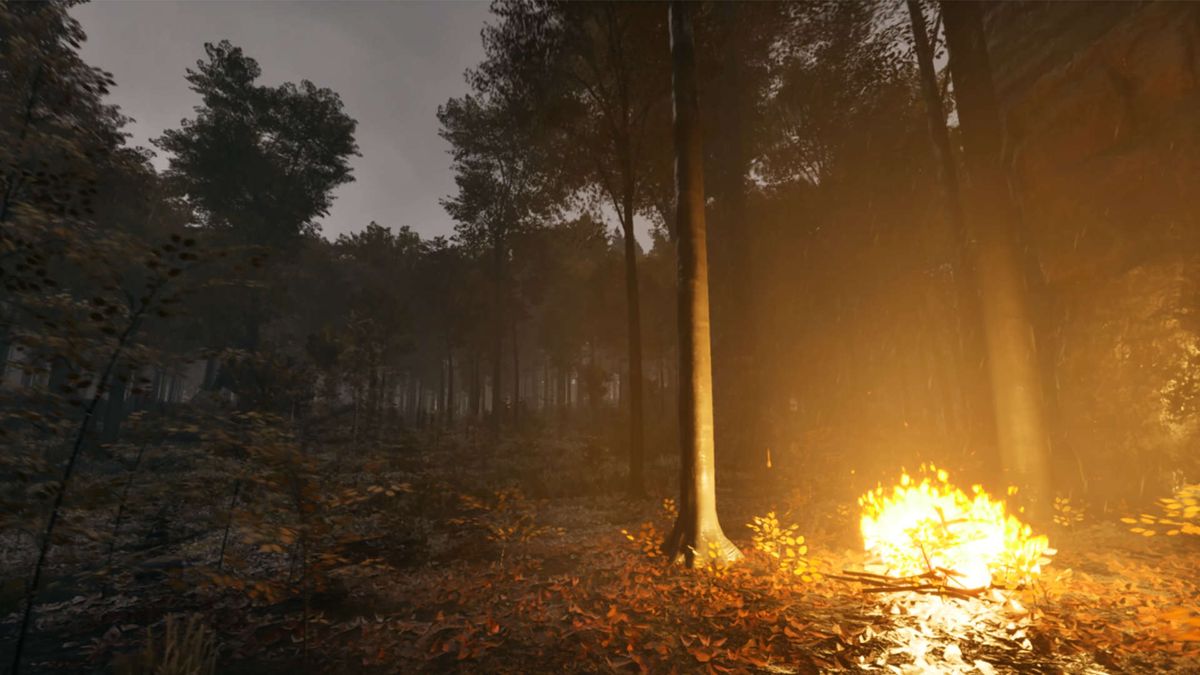
It’s often said there’s more to learn from the people we dislike than those closest to us. In that case, the anti-heroes of Adam Haslett’s Mothers and Sons have a lot to teach. Read this article for free: Already have an account? To continue reading, please subscribe: * It’s often said there’s more to learn from the people we dislike than those closest to us.
In that case, the anti-heroes of Adam Haslett’s Mothers and Sons have a lot to teach. Read unlimited articles for free today: Already have an account? It’s often said there’s more to learn from the people we dislike than those closest to us. In that case, the anti-heroes of Adam Haslett’s Mothers and Sons have a lot to teach.

There’s Peter, a 40-year-old, emotionally stunted gay asylum lawyer who provides his “hook-up” partner with as much intimacy as an AI chatbot while eschewing meaningful friendships, avoiding his sibling and remaining estranged from his mother. Then there’s his mother Ann, who runs a women-focused retreat centre in Vermont and attempts to give her clients the peace of mind and contentment that routinely passes her by while becoming further engulfed in the void created by the absence of her son Peter, whom she hasn’t seen in years. Mothers and Sons Peter and Ann are richly fascinating characters whose emotional depravity provides an entangled tapestry of constraint and consequence.
The mother and son each struggle to remain even-keeled in their own separate ways while the weight of their fractured past grows heavier. As Peter provides counsel to his clients fleeing persecution, many of whom are seeking refuge from homophobic oppression, he does so with the exactitude and precision required by those working in an overstressed immigration system. Yet despite his own lived experience as a gay man who grew up under a cloud of fear and shame, Peter remains disassociated from his environment to the point of experiencing forgetfulness and brain fog.
He begins misplacing things like house keys while detaching further from the ordinariness of daily life. While listening to yet another harrowing tale of ill treatment from an asylum-seeking client, Peter notices he’s never fully present: “I both hear the words of it and I don’t, my eyes drifting to the far end of the conference room to rest on the houseplants that sit on the low filing drawers.” All that changes after Peter meets Vasel Marku, a young gay Albanian refugee seeking help.
Peter is slowly drawn from apathetic slumber as he delves into the details of Vasel’s asylum case while awakening to the long-buried memory of his first love, Jared, and the violence that tore them apart. Events that led to the distance between him and his mother return with an emotional intensity he thought he’d banished 20 years prior. Peter begins to recognize how detachment in the present is the steep price to be paid for an unreconciled past.
Meanwhile, Ann is so wounded by her fractured relationship with Peter that it prevents her from having meaningful connections with those remaining in her life, namely her daughter and grandson. She finds much about her daughter “indecipherable” while remaining unattached to her little boy, admitting that “whatever the swoon you’re supposed to feel at the sight of your children’s children, it’s not what comes to me.” Beowulf Sheehan photo Adam Haslett’s family saga is as entertaining as it is enlightening in showing the ways empathy can grow.
Instead, she admits, memories of her own son flood her mind, which in turn makes her angry that he isn’t there. From the award-winning author of , a Pulitzer Prize finalist, Adam Haslett’s new family saga is as entertaining as it is enlightening in showing the ways in which empathy can grow. As Peter and Ann’s story unravels through a multi-layered timeline, the understanding of one family’s struggle becomes a discovery of the joys and sorrows and disappointments that exist in all forms of deep, familial love.
In that way, the unlikable parts of Peter and Ann become a journey of discovery in the power of redemption and forgiveness. Rochelle Squires is an avid reader and endlessly fascinated by the relationships between mothers and sons. Rochelle Squires is a recovering politician after serving 71⁄2 years in the Manitoba legislature.
She is a political and social commentator whose column appears Tuesdays. Our newsroom depends on a growing audience of readers to power our journalism. If you are not a paid reader, please consider .
Our newsroom depends on its audience of readers to power our journalism. Thank you for your support. Mothers and Sons By Adam Haslett Little, Brown and Company, 336 pages, $38 Rochelle Squires is a recovering politician after serving 71⁄2 years in the Manitoba legislature.
She is a political and social commentator whose column appears Tuesdays. Our newsroom depends on a growing audience of readers to power our journalism. If you are not a paid reader, please consider .
Our newsroom depends on its audience of readers to power our journalism. Thank you for your support. Advertisement Advertisement.















